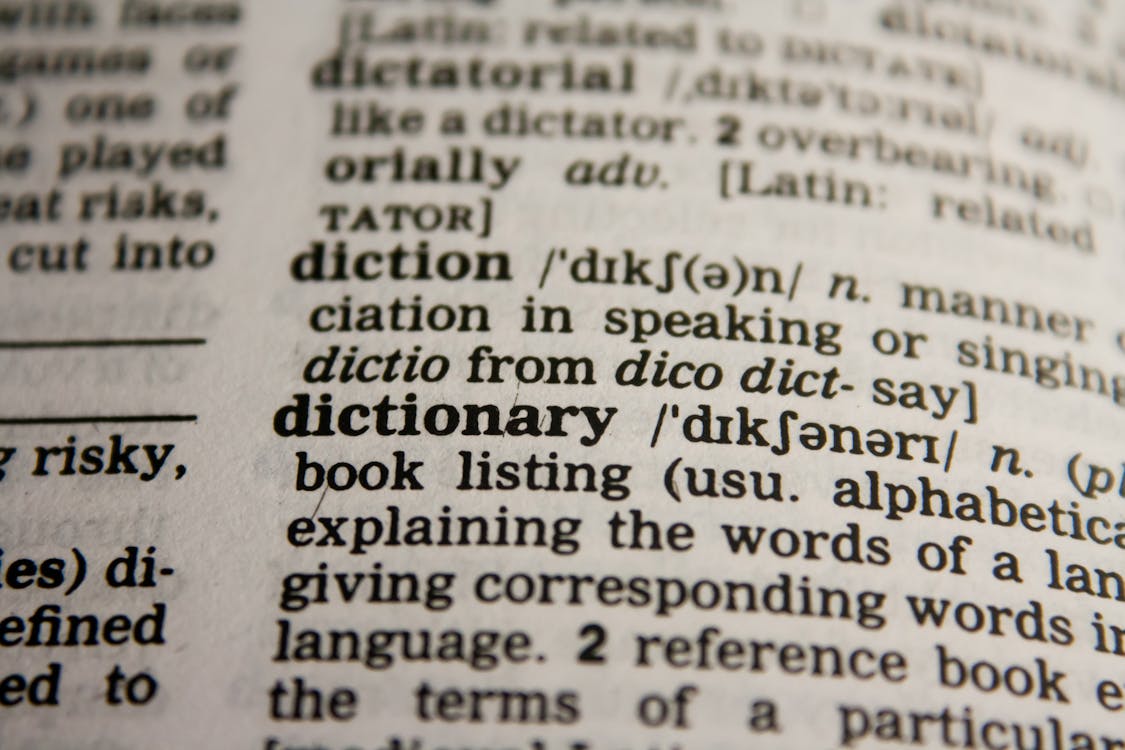
We Get It
Trust me, we get it. Legalese and all of its encompassing terms, can cause quite the confusion. All these fancy words and sayings for a piece of paper, right? Not quite.
Each word and term included here are commonly used in our office, if not used everyday. Once you start to grasp the fundamentals, everything else after comes easy, or at least, a little easier.
Terms (and conditions)
Ad Litem – If a person involved in a case is ad litem, it means they have been appointed by the court. For example, a guardian ad litem is a person appointed by the court to represent the best interests of a child.
Affidavit – An affidavit is a written statement of acknowledgement, made and signed by a person under oath. An example would be someone testifying in court, and filling out an affidavit that the statement given is the truth.
Appeal – After the court has given a final order, a person involved in the case may appeal the decision. To appeal means to request the court to overlook the evidence again, and reconsider their decision. To appeal in family court, there usually must be a “definitive change in circumstance”.
Appellee/Appellant – Appellants are those who request the court or a higher court to reconsider the information and decision. If you are unsatisfied with a court’s decision, you may request an appeal, wherein you become the appellant. An appellee is not the person who appealed, but the other party who must defend against the appeal. If you find yourself having to defend against an appeal, call our office today! We’d love to advocate for you.
Contempt – Any kind of contempt, or any contempt of court, is when you have blatantly, and willingly disregarded court decisions and orders. Civil contempt can be purged once you follow through with the court orders, whereas criminal contempt does not have a desired outcome of compliance like its counterpart, but rather actual punishment for the more severe contemnors.
Defense/Defendant – In a legal procedure, there is a person who is charging the other, and then there is the person being charged. If someone has committed a crime, they are the defendant, the person who needs defending. The defense, or defense counsel, are attorneys the defendant has either hired or been given by the state to help. In cases where there is no crime, but a legal procedure is still needed, like a divorce, the person who files for divorce would be the plaintiff, and the person who receives the divorce service letter would be the defendant.
Litigation – Litigation is any legal procedure that takes place in a court.
Litigant – A litigant is any person involved in the litigation procedures, either as council, as a defendant, or as a plaintiff.
Motion – A motion is a request for the court to make a decision about something before the litigation procedures continue.
Order – An order is a decision or final decision given to litigants involved from the court. Orders can be final, but whether it is or isn’t, they can still be contested or appealed
Petition – A petition is a document that is sent to the court to request something or request to do something for the case, usually pertaining to some sort of relief.
Plaintiff/Prosecution – Plaintiffs are the opposite of defense, and are those in litigation procedures who retain the burden of proof. That means plaintiffs, at least in civil cases, have the responsibility to prove to the court what the defendant has done, and why they should receive a punishment
Service – Notice of service is required in all legal cases. Criminal, civil, juvenile, probate, etc. all require notice of service because if a relevant person misses proceeding they might have had an impact on, the final decisions are null.
Subpoena – Subpoenas are written documents from the court, compelling witness testimony or evidence from 3rd parties. Ignoring subpoenas are considered contempt, and are punishable by fines and even, though very rarely, imprisonment.
Conclusion
Half of the words on this list are going to be found in every legal procedure. Once you start gathering all the basic information and really commit it to memory, understanding some of the terminology used in the legal field starts to get a little easier. If you’re worried you’re misunderstanding or misinterpreting something, always communicate and confirm with your attorney! If you need help with your case, call our office to schedule a consultation! We love helping families when and where we can!
DISCLAIMER: The purpose of this article is to provide the general public with general information related to legal issues. None of the information provided within this article is intended to be construed or relied upon by any person(s) as legal advice. Further, reading this article does not create an attorney/client relationship between the reader and the author. If you need legal advice, it is recommended that you speak with an attorney who is licensed to practice law in your jurisdiction and practices the subject matter for which you are seeking legal advice.